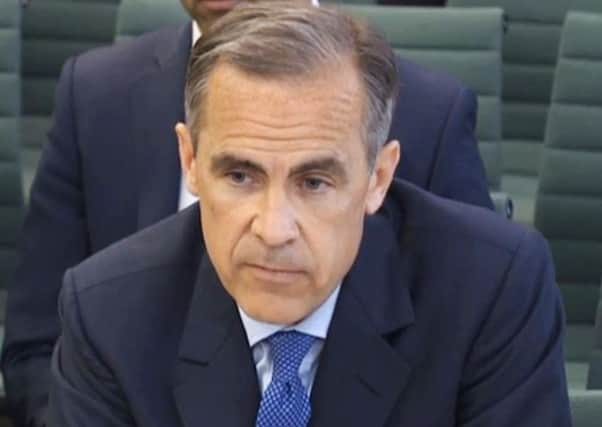Bill Jamieson: A time to take care & beware curse of August


And just when we thought we were over the worst of the convulsions came news of the terrorist massacre in Nice, followed swiftly by a failed coup attempt in Turkey. Yet in financial markets you would hardly guess there was much to trouble investors. The FTSE 100 Index gained another 78.6 points on the week or 1.2 per cent as if the Brexit shock never happened.
The FTSE 250 Index, more representative of mid-sized UK quoted companies, has now clambered up 1,760 points from its immediate Brexit vote, a rise of some 12 per cent. As for the pound, it has recovered from a low of $1.29 to over $1.31.
Advertisement
Hide AdAdvertisement
Hide AdSo: is calm now restored, recession avoided and investors set fair for a calm and soothing August?
The problem is that August has tended to prove one of the most volcanic and upsetting months of the investment year. And negative news is often amplified by many traders and professional investors being on holiday.
In the euphoria of the post-Brexit bounce investors need to take care. Growth across Europe is faltering, world trade growth is tepid at best and all the talk is of more central bank monetary easing. This has already given a further fillip to asset prices such as shares and bonds but we are now scraping the barrel in terms of policy response to further crisis.
With the data needles pointing to sluggish growth at best it would not take much to knock the economy into a recession. Too many economies are chronically indebted and dependent on more injections of emergency support to sustain growth. So I would not be surprised to see some profit-taking setting in before the market considers where we go from here.
While the worst forebodings of the experts opposed to Brexit have been confounded, we would need to see some firm evidence of a global growth pick-up for the FTSE 100 to move higher, and of that there is little sign. And I am apprehensive about the febrile state of the Middle East and the capacity for events overseas to deliver a geo-political shock.
Beware the curse of August. Interest rates on building society and bank deposit accounts may be rock bottom at present but they provide shelter for those for whom capital protection is their priority.
In the wake of the Brexit vote investors have found themselves trapped in commercial property funds where the exit doors have been slammed shut and the unit price sharply reduced to discourage redemptions. Around £18 billion of assets are estimated to have been trapped in funds that have suspended trading, with a further £5.7bn subject to double-digit discounts upon exit.
Many were quick to blame the Brexit vote. But here we must distinguish between catalyst and cause. The unexpected referendum result did not “cause” but worked to expose a fundamental weakness in open-ended commercial property unit trusts and OEICs. The problem with these is that they need to sell assets when there is a rush of investor redemptions and property is a relatively illiquid asset.
Advertisement
Hide AdAdvertisement
Hide AdBy contrast, closed-end funds such as investment trusts which have a limited number of shares, do not suffer the same problem. While shares in these trusts have also fallen before partially recovering last week, investors have been at least able to get at their money.
Naomi Heaton, chief executive of property investors London Central Portfolio, says the events of recent weeks show that open-ended property funds are a broken model.
“They are providing liquidity in an illiquid asset through shares, but if there is a run on the fund, they cannot cope”, she says. “Open-ended funds aren’t really open-ended, because they can stop you taking your money out.”
The suspensions and unit price reductions are a sharp reminder that commercial property should be seen as a long term investment.
Meanwhile those stuck in the unit trust exit doors can take some comfort from Standard Life’ s Property Income Investment Trust.
The £300 million investment trust said last week it had sold three buildings outside London since the 23 June vote. It said the £12.5m sales achieved were 3 per cent up on the buildings’ 31 March valuations and that the cash raised would be used to pay down debt. The sector has suffered a bad knock. But it is far from dead.